That’s at least what I thought. But it turned out that there are quite a lot of differences even in the most basic Christmas traditions. I was lucky to be able to spend last year’s Christmas with my friends and their families in California and I was really surprised about my American Christmas experience.
Christmas season begins…
 To begin with, Christmas doesn’t start with an advent season. Good luck finding an advent wreath or even an advent calendar. Christmas time begins when Thanksgiving is over and after you’ve survived Black Friday horror. It seems like everything has switched to an “all Christmas format”. Radio and TV channels, shops which turn into little Christmas heavens overnight, simply everything. It’s impossible to pass a house which isn’t fully illuminated by lights, hundreds of reindeer figures, snowmen or Santa Clauses. Everything stands under the motto: the more the better, the brighter the better. It even becomes a thing or a nightly leisure activity to drive around, to go Christmas light sightseeing and to admire all the decorated houses. In the middle of December I got invited to an “ugly Christmas sweater” party. Ugly Christmas Sweater Party? Imagine a bad taste party, but you must wear the ugliest Christmas sweater you can possibly find. And by ugly I mean really ugly, like an illuminated, talking Santa on your boobs.
To begin with, Christmas doesn’t start with an advent season. Good luck finding an advent wreath or even an advent calendar. Christmas time begins when Thanksgiving is over and after you’ve survived Black Friday horror. It seems like everything has switched to an “all Christmas format”. Radio and TV channels, shops which turn into little Christmas heavens overnight, simply everything. It’s impossible to pass a house which isn’t fully illuminated by lights, hundreds of reindeer figures, snowmen or Santa Clauses. Everything stands under the motto: the more the better, the brighter the better. It even becomes a thing or a nightly leisure activity to drive around, to go Christmas light sightseeing and to admire all the decorated houses. In the middle of December I got invited to an “ugly Christmas sweater” party. Ugly Christmas Sweater Party? Imagine a bad taste party, but you must wear the ugliest Christmas sweater you can possibly find. And by ugly I mean really ugly, like an illuminated, talking Santa on your boobs.
The tree
 As Christmas came closer, we wanted to put up the Christmas tree. We turned on some Christmas music and lit the fire. But when I asked my friends when we would finally drive to buy a Christmas tree, they just answered: “yeah, we already have one in our garage.” I don’t know what I found more shocking. The fact that it was plastic or that it was white.
As Christmas came closer, we wanted to put up the Christmas tree. We turned on some Christmas music and lit the fire. But when I asked my friends when we would finally drive to buy a Christmas tree, they just answered: “yeah, we already have one in our garage.” I don’t know what I found more shocking. The fact that it was plastic or that it was white.
Christmas day itself
The 24th is generally a normal day. Like everywhere else in the world, everybody is trying desperately to find presents last minute. But instead of exchanging presents and having a three-course menu for dinner on Christmas Eve, I was proven wrong. You only get one present, which is usually a stocking (filled with little knick-knacks) handed out every year to hang under the chimney and a light meal.
25th: Since I missed the German Christmas dinner (back home) on December 24th – I was expecting a huge Christmas brunch the next day. But I was wrong – again. The whole house wakes up early in the morning only to rush into the living room to see what Santa Claus has left underneath the “Christmas tree”. And – since it’s America – he has left a lot. I´d never seen so many presents – even the dogs got wrapped presents. I guess the hanging sock was just an ambitious understatement because they couldn’t have possibly fit one single present in that sock.  By one o’clock they were still unwrapping their presents and the only food we’d so far was one cinnamon roll two to five egg nogs, the delicious American version of egg liquor. My hopes for the big brunch were shrinking more and more. After the present handover, the cooking started. I was already starved by now and the egg nog wasn’t helping either. And then, finally the best part about Christmas started. The food. I was certain that after the amount of stuffed turkey, mashed potato and gravy and afterwards plum pudding, ginger bread and pumpkin pie I ate, I would never eat again.
By one o’clock they were still unwrapping their presents and the only food we’d so far was one cinnamon roll two to five egg nogs, the delicious American version of egg liquor. My hopes for the big brunch were shrinking more and more. After the present handover, the cooking started. I was already starved by now and the egg nog wasn’t helping either. And then, finally the best part about Christmas started. The food. I was certain that after the amount of stuffed turkey, mashed potato and gravy and afterwards plum pudding, ginger bread and pumpkin pie I ate, I would never eat again.
Because like everything in the US, Christmas dinners are massive.
Text & Picture: Elisa Kirchmeier





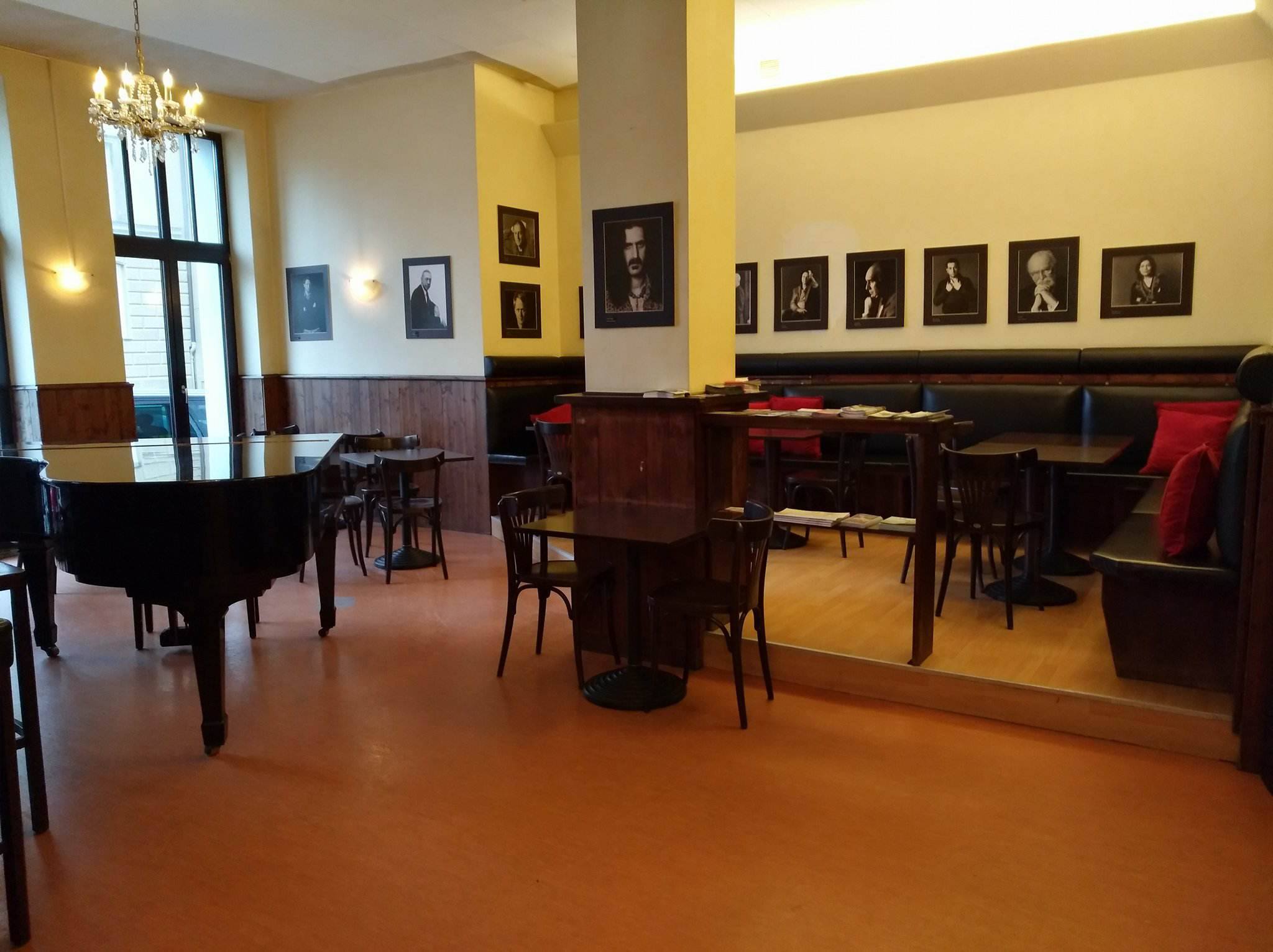
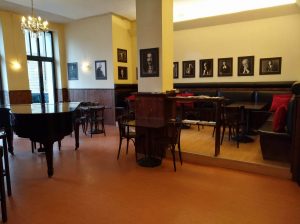 Thalia rocks!
Thalia rocks!
 Idag är Lucia inte någon särskilt religös högtid längre, utan snarare en fest för familjer och barn. De viktigaste symbolerna är vita kläder som barnen har på sig, samt ljus som bär i sina händer och på huvudet. Vanligtvis börjar Luciadagen tidigt på morgonen, hemma hos familjer, och forstätter i skolor, på dagis, universitetet och arbetsplatser. Hemma är det den äldsta dottern i familjen som är Lucia. Hon är klädd i en vit klänning med rött sidenband runt midjan och bär en krona med levande ljus på huvudet. Alla andra tjeierna följer henne som ”tärnor”. Tärnorna bär
Idag är Lucia inte någon särskilt religös högtid längre, utan snarare en fest för familjer och barn. De viktigaste symbolerna är vita kläder som barnen har på sig, samt ljus som bär i sina händer och på huvudet. Vanligtvis börjar Luciadagen tidigt på morgonen, hemma hos familjer, och forstätter i skolor, på dagis, universitetet och arbetsplatser. Hemma är det den äldsta dottern i familjen som är Lucia. Hon är klädd i en vit klänning med rött sidenband runt midjan och bär en krona med levande ljus på huvudet. Alla andra tjeierna följer henne som ”tärnor”. Tärnorna bär  Namnet ”lussekatt” består av två delar: Lusse är en alternativ benämning på Lucia. A
Namnet ”lussekatt” består av två delar: Lusse är en alternativ benämning på Lucia. A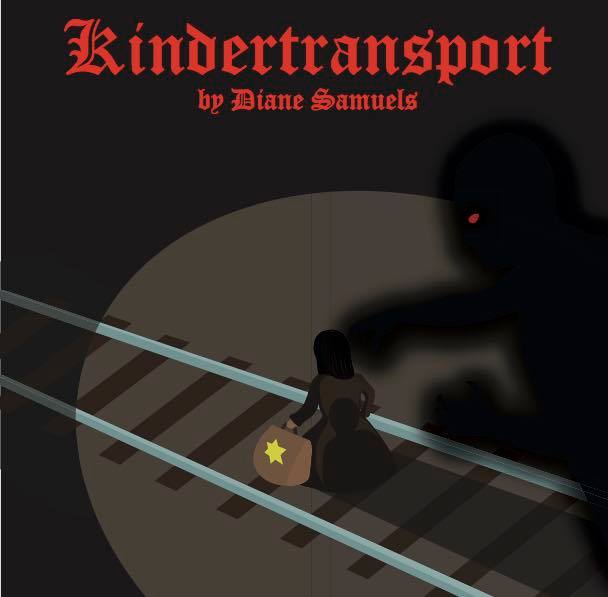
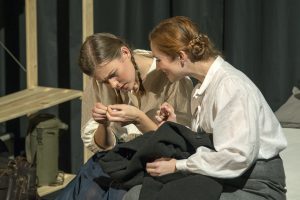 On stage, we meet a mother and her child; the mother is teaching her daughter to sew a button on her coat. The girl is about to leave – without her parents. And she’s only nine years old. She doesn’t want to leave, but the mother promises to join her later. “When is later?” “In a month, or two…”
On stage, we meet a mother and her child; the mother is teaching her daughter to sew a button on her coat. The girl is about to leave – without her parents. And she’s only nine years old. She doesn’t want to leave, but the mother promises to join her later. “When is later?” “In a month, or two…”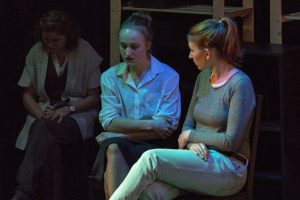 Kriss), has been given a naturalisation certificate and changed her name as well as her birthday. She has got rid of her past as a Jewish-German child that was sent away to England for safety reasons. Her daughter, Faith, didn’t know about her mother’s past and by chance finds out about it while she’s rummaging through her own childhood treasures in the attic.
Kriss), has been given a naturalisation certificate and changed her name as well as her birthday. She has got rid of her past as a Jewish-German child that was sent away to England for safety reasons. Her daughter, Faith, didn’t know about her mother’s past and by chance finds out about it while she’s rummaging through her own childhood treasures in the attic.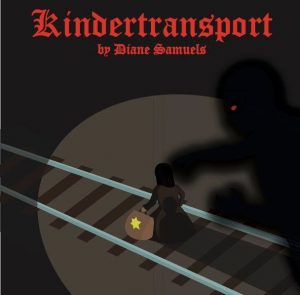 The AnglistenTheater has succeeded in bringing these struggles to life in the flashbacks during the play between the “now” and “then”. They take the audience on a journey through the life of a young girl who is developing into a woman that at some point has developed into the mother we see in the “now”. To a great extent, this is director Rudolf Beck’s achievement, of course. But there is so much more that makes this production an outstanding experience. Both the stage and costume designs as well as the light and sound help to draw you right into the story; the actors’ marvellous skills make everything absolutely believable. They all played their parts extremely well and if I had to choose, I couldn’t say which performance I liked best. But I imagine that it must have been very difficult to play the young Eva and the grown-up Evelyn in such a convincing way that you can almost feel all the emotions yourself.
The AnglistenTheater has succeeded in bringing these struggles to life in the flashbacks during the play between the “now” and “then”. They take the audience on a journey through the life of a young girl who is developing into a woman that at some point has developed into the mother we see in the “now”. To a great extent, this is director Rudolf Beck’s achievement, of course. But there is so much more that makes this production an outstanding experience. Both the stage and costume designs as well as the light and sound help to draw you right into the story; the actors’ marvellous skills make everything absolutely believable. They all played their parts extremely well and if I had to choose, I couldn’t say which performance I liked best. But I imagine that it must have been very difficult to play the young Eva and the grown-up Evelyn in such a convincing way that you can almost feel all the emotions yourself. What I especially liked was the great sound design (Josef Demling). For example, when the ratcatcher (Ian Steffy) – a recurring figure in the play – makes his first appearance by sneaking in from behind the audience, a beautiful but at the same time eerie melody accompanies the action. We hear this lovely, dazzling tune during all his appearances. Whenever you hear it, it feels like it’s hitting something deep inside you and almost makes you want to jump up and follow the ratcatcher and his flute.
What I especially liked was the great sound design (Josef Demling). For example, when the ratcatcher (Ian Steffy) – a recurring figure in the play – makes his first appearance by sneaking in from behind the audience, a beautiful but at the same time eerie melody accompanies the action. We hear this lovely, dazzling tune during all his appearances. Whenever you hear it, it feels like it’s hitting something deep inside you and almost makes you want to jump up and follow the ratcatcher and his flute.

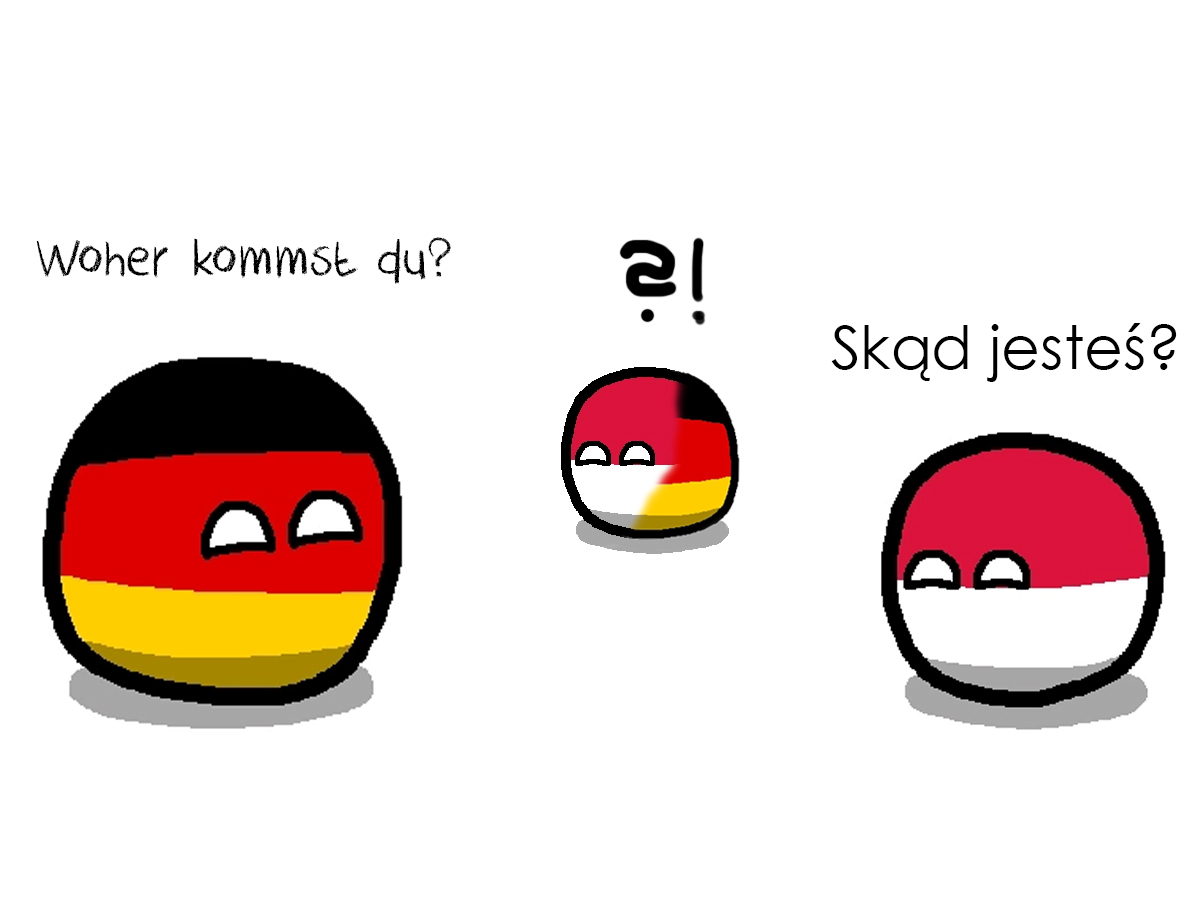
 Czasami sie czuje w tym jak podwójny agent. Dwie tożsamości, od zewnątrz niewidoczne, wypuszczone w świat, cicho obserwując różne społeczeństwa. Pozwólcie więc, bym się podzieliła owymi obserwacjami, zebranymi w moim życiu codziennym.
Czasami sie czuje w tym jak podwójny agent. Dwie tożsamości, od zewnątrz niewidoczne, wypuszczone w świat, cicho obserwując różne społeczeństwa. Pozwólcie więc, bym się podzieliła owymi obserwacjami, zebranymi w moim życiu codziennym.